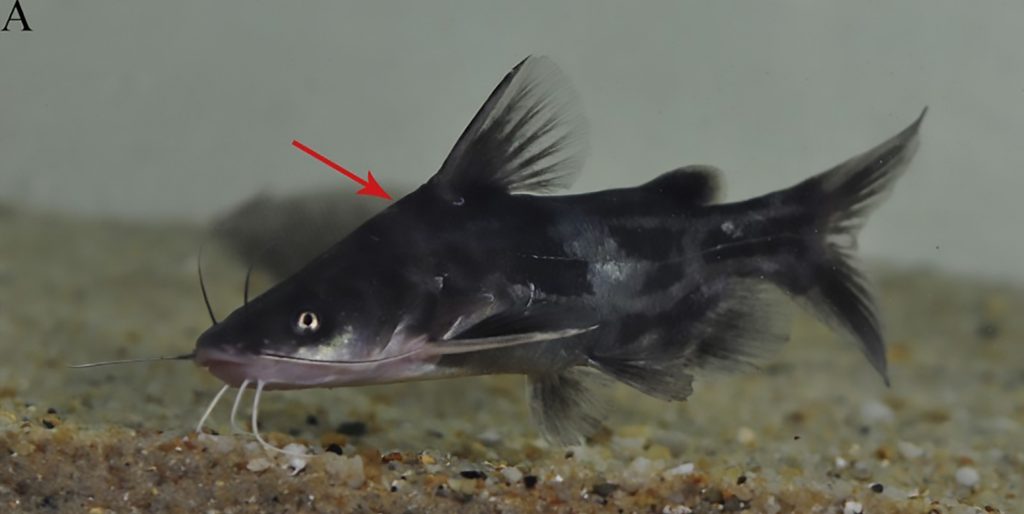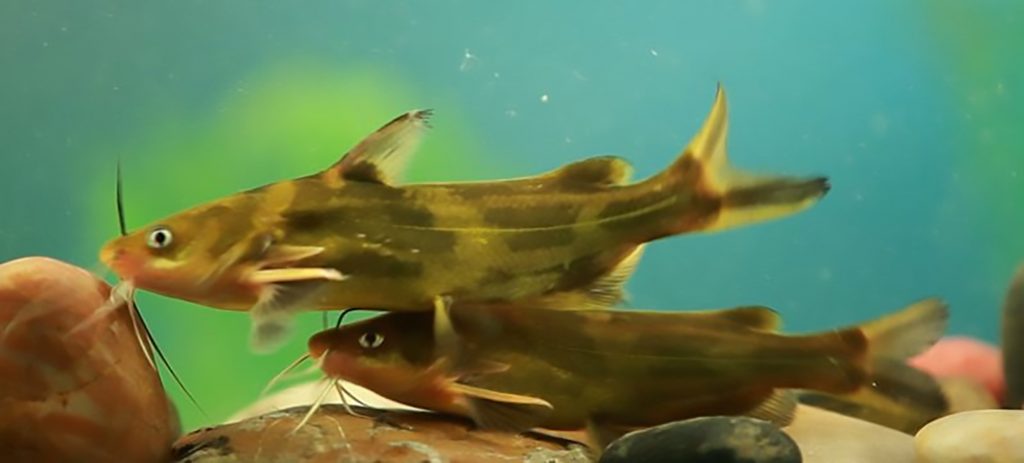Story By: John Feng, Sub-Editor: Joseph Golder, Agency: Asia Wire Report
Seafood lovers in China could be on course to feast on a new breed of gene-edited catfish after researchers revealed they had successfully raised ones with up to 37 percent more meat.
Genome engineering scientists at Nanjing University’s Model Animal Research Center in East China announced the breakthrough after a decade’s worth of work.
Li Kaibin, with the Pearl River Fisheries Research Institute under the Chinese Academy of Fishery Sciences, teamed up with long-time Nanjing University researcher Zhao Qingshun to reveal what could be on the everyday Chinese citizen’s dinner plate in the future.

AsiaWire / Kaibin Li et al. 
AsiaWire / Kaibin Li et al.
Reports released yesterday (21st April) show successful studies done on Chinese staple yellowhead catfish (Tachysurus fulvidraco).
The species is small, has slow growth and a low meat yield, yet it is considered one of high economic value.
Researchers, using gene-editing tool zinc finger nuclease (ZFN), were able to knock out – or remove – the muscle growth-inhibiting protein myostatin, cultivating a faster-growing breed of yellowhead catfish which also produces a higher quantity of nutritious meat.
According to reports, the new breed grows at a higher efficiency, and its muscle cells multiply as seen in comparison images of the founder fish and its gene-edited offspring.
By 30 days, there is already noticeable muscle growth thanks to the selective removal of the muscle cell inhibitor.
At 80 and 210 days, an increase in cell growth of 27 and 37 percent were found, reports noted.
Mutations of myostatin have been tested in dogs, sheep and cows, which are commonly referred to as ‘double-muscled’ cattle.
According to Nanjing University, its lab’s breakthrough research has produced what is now the world’s first successful gene knockout in an aquaculture fish species.
Mr Zhao, who began researching ZFN genome-editing techniques in 2010, has suggested the new breed of fish will be safe to eat, as damage to the species’ genome is much smaller compared to other methods such as cross-breeding, mutation breeding or space breeding.
The ViralTab page is created by and dedicated to professional, independent freelance journalists. It is a place for us to showcase our work. When our news is sold to our media partners, we will include the link here.



